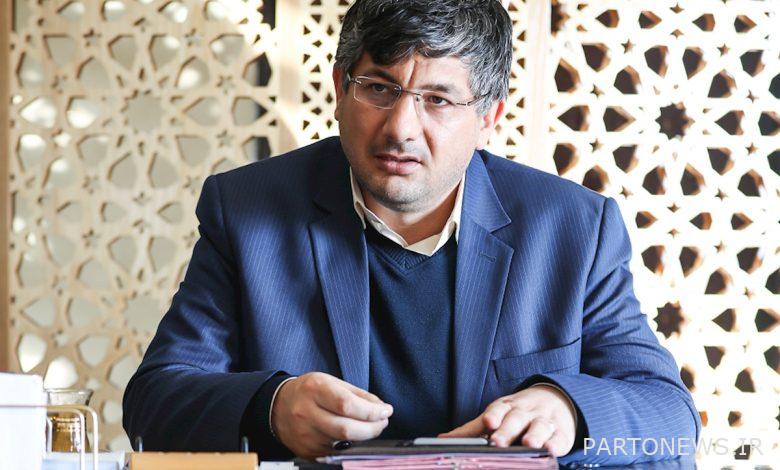Annually, 2.5 billion tons of soil in the country is being lost

According to Moj News Agency, Ali Selajgeh, the head of the Environment Organization, addressed the World Soil Day meeting today by asking the question that is always asked whether soil protection is more important or water protection? “The fact is that soil is a treasure trove of biodiversity,” he said. Soil stores twice as much carbon as other elements on Earth, including biospheres and the atmosphere, and is the bedrock of civilization.
The head of the Environmental Protection Agency stated that soil not only creates civilization but also preserves buried civilizations. He said: “Human remains and past are buried in the soil. Also, soil is the source of medicine, construction materials and agricultural products and is known as one of the four pillars of vital security of countries.” Food security is also a subset of vital security as one of the security indicators.
He continued by pointing out that the Law on Soil Protection and the need to implement it: The Soil Law was announced in June 2009 with 26 articles and 14 notes. He added: “This law still has problems that are being addressed.” Given that 2.5 billion tons of soil in the country is being lost annually in the form of movement and transfer, the implementation of the soil law is of great importance.
The head of the Environmental Protection Organization, emphasizing the dire soil conditions in the coastal and inland lands of the country, added: “In addition to erosion and destruction of soil on the move, our soil and habitat are also being destroyed, one of the main causes being soil salinity.” On the shores, the discharge of aquifers has caused the salt water to move to the fresh water with its higher density and our coastal lands to become more saline than before. In inland lands, high water pumping has caused the aquifers to be emptied and soil salinity to occur in inland lands as well. This is in a situation where diapers, salt domes, salt plates and marl are very active in our country and there are potential conditions for soil salinity.
Explaining the valuable position of soil, the head of the Environmental Protection Agency spoke about the organization’s plans for soil valuation.
Referring to the plans of the Environmental Protection Agency for soil conservation, Selajgeh noted: The Environmental Protection Agency is developing guidelines for soil monitoring, refining and pollution, and the implementation of this guideline requires the participation of people, organizations and various institutions. The importance of soil becomes apparent when we look down. Soil is what we belong to and we return to it. Even in the religious ideas of Islam and Christianity, the origin of man is considered soil.
Referring to the exorbitant costs of soil salinization, he said: “28 billion dollars annually is the cost of soil salinization in the world.” One billion hectares of the world’s lands are moving towards salinization. For example, 32 million hectares of land in Bangladesh have been saline over a period of 20 years until 2019.
Emphasizing the dangerous conditions of soil salinization in Iran, Selajgeh stated: In our country, the process of soil salinization is happening on the spot, that is, where the soil is formed, it becomes saline and loses its efficiency. We need to reconsider our use of water on agricultural land, as well as waste management and the use of saline plants, which should be on the agenda. The Environmental Protection Agency tries to perform its duties in this field as much as possible and uses all its capacities.
Emphasizing the high economic value of soil in the world, he added: The economic value of soil in the process of climate change is assumed to be $ 5,000 per hectare per year. This number reaches $ 700 per hectare per year in pastures. The figure will reach $ 300 per hectare per year. These figures are measurable, and the Environmental Protection Agency believes that the value of the soil must be calculated before establishing industries and factories and changing land uses.
In the end, the head of the Environmental Protection Agency, while pointing to the need to place the elements of life in the household basket, said: “This treasure is of incalculable value in terms of biodiversity, habitat, elements it contains and ecosystem services it provides.” Despite the fact that the construction of industries creates added value in economic, entrepreneurial and livelihood terms, but this added value is in no way comparable to the value of the soil treasure under our feet. With the approach of explaining the economic and non-economic value of water, soil and air, the Environmental Protection Organization tries to place these elements in the household basket and GDP of the country.
.

